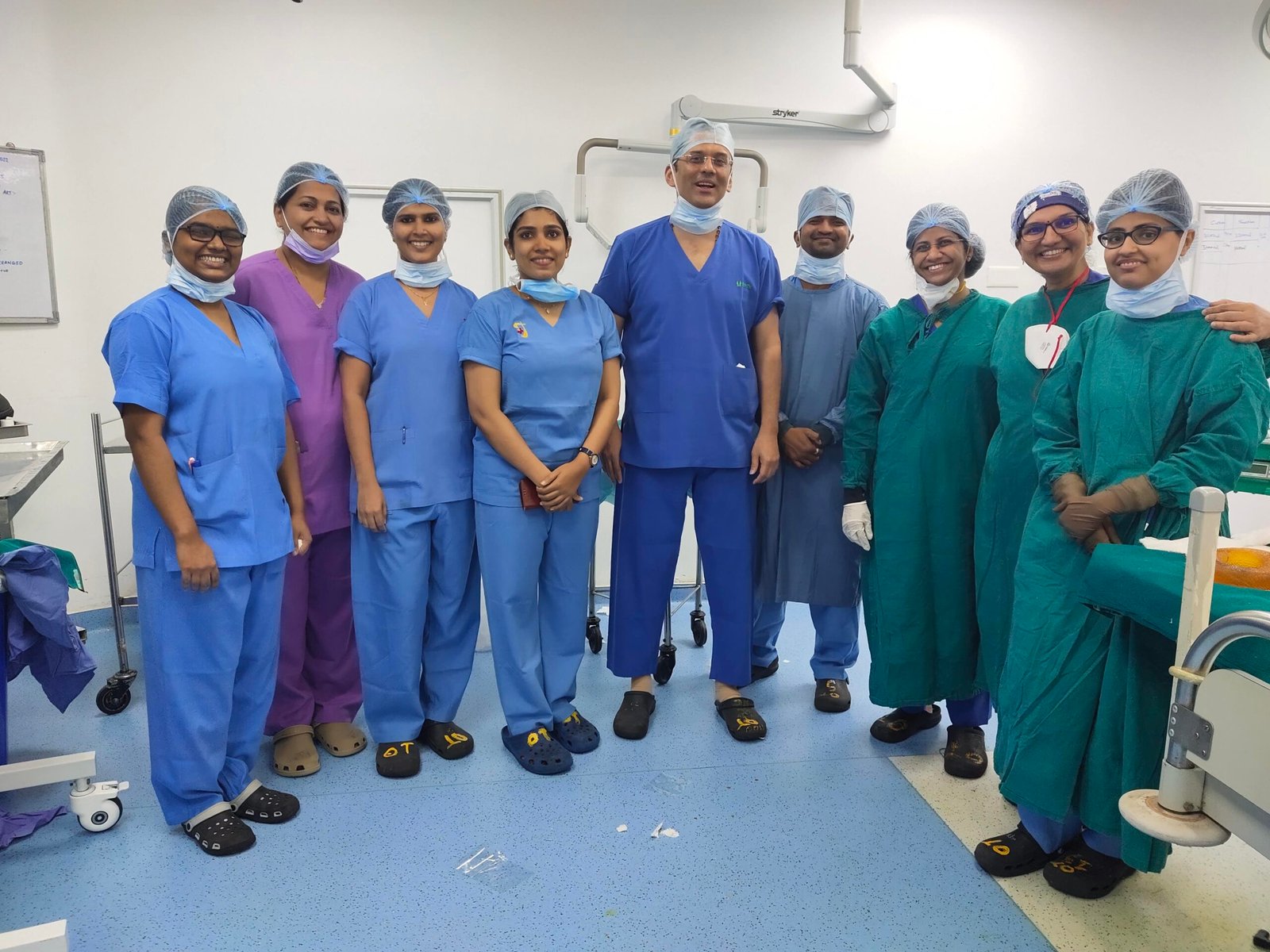The International Day of Persons with Disabilities is observed by the United
Nations on the 3rd of December every year since 1992.
It aims to promote understanding of disability and to support persons living with disability.
“Breaking the wall of silence “
Dr Meenesh Juvekar ENT surgeon of international repute. He is attached to Bombay Hospital and Medical Centre, J.J. Group of Hospitals and Juvekars Nursing Home, Mumbai. He has been extensively trained in India and abroad. He has been working to spread awareness about early detection of hearing disorder in new-borns. Deafness is a major public concern.

As per WHO over 5% (430 million) of the world’s population is suffering with “disabling” hearing loss. Of which 34 million are children alone. A survey revealed four out of every 1000 children in country suffer from profound hearing loss. WHO further estimates that by 2050, over 700 million people, i.e. around one in 10 people, will have disabling hearing loss. India has approximately 63 million people who are hearing disabled. Around 1 lakh Indians are born with hearing deficiencies every year and 4 out of every 1000 Indian children live with severe to profound hearing loss. A child born with hearing loss cannot develop speech and language abilities as a result child will face difficulties in personal, education,al and professional life going ahead.
“If detected early ideally below 2 years of age the child can overcome the disability and acquire speech and language fast. These children need rehabilitation and then go to normal schools and have education” says Dr Meenesh Juvekar Dr Meenesh mentions undergoing a hearing screening test called OAE immediately after birth can detect hearing loss. These tests are simple and non-invasive and can be completed in 2- 3 minutes. If hearing loss is detected, a hearing trial should be given immediately. In more severe cases cochlear implants can be used to correct hearing disorder.
A cochlear implant is a small, complex electronic device that can help to provide sound to a person who is profoundly deaf or severely hard-of-hearing. The implant consists of an external portion that sits behind the ear and a second portion that is surgically placed under the skin behind the ear. “In simple terms, a cochlear implant directly stimulates the auditory (hearing) nerve by passing the malfunctioning part of the ear” says Dr Meenesh Juvekar Dr Meenesh Juvekar in collaboration with Shravya Cochlear implant program offers cochlear implant free of cost for children who otherwise cannot afford the treatment cost. Cochlear implant surgeries can cost in lakhs. Shravya Cochlear Implant Programme is devoted to children aged between 1-3 years who are born with hearing disability. In the past 2 years itself he has operated over 200 children totally free of cost including the implant cost and his surgical fees. This programme aims at helping and supporting the hearing disabled children especially from the lower socio-economic group. It is a privately run charity programme. Children from all over India can be operated in this programme totally free of cost. This programme is mainly active in Mumbai , Ahmedabad, Delhi slowly expanding to different parts of Maharashtra and India. Children who have undergone cochlear implant at the right age lead a normal life Dr Meenesh Juvekar concludes a successful outcome is determined by time and efforts put into rehabilitation post implantation.
“An additional consideration is learning to interpret the sounds created by an implant. This process takes time and practice. Audio verbal therapists and audiologists are frequently involved in this learning process. Thus adequate rehabilitation after Cochlear implantation is very important. “Slowly but surely we are helping these children by getting them into the mainstream of life and society, however there is a long way ahead ” says Dr Meenesh Juvekar Details of the programme are available on www.cochlearimplantmumbai.com

Leave a Reply